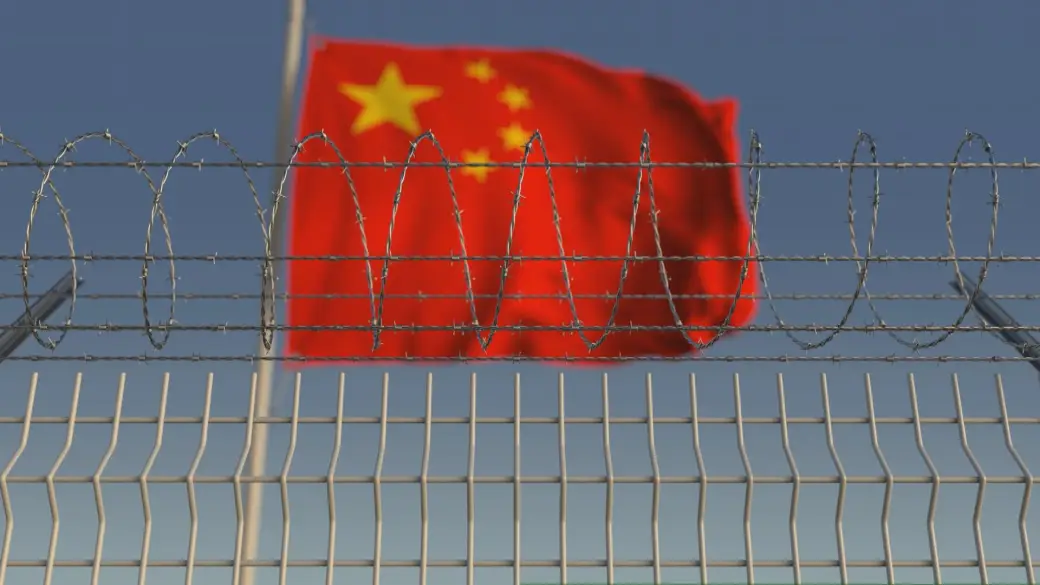With the Chinese economy facing massive challenges, there have been concerns over its growth potential, at least in the immediate future.
Yet a key exception is emerging in the form of domestic tourism.
Last week’s five-day public holiday to mark labour day saw 295 million trips made within China, according to figures from the Ministry of Culture and Tourism. This was 28% higher than pre-pandemic figures recorded in 2019.
The Transport Ministry’s figures are also staggering: 92 million rail trips; almost 10 million air trips and 1.25 billion highway journeys.
However, this comes as international arrivals continue to lag, with foreigners currently entering China at barely 30% of 2019 levels. Why the disparity?
However, this comes as international arrivals continue to lag, with foreigners currently entering China at barely 30% of 2019 levels. Why the disparity?
The beautiful historical river town of Wuzhen, a short drive from Shanghai, is considered one of China’s top visitor sites for travellers of all types. When we arrive the little pathways and old bridges which cross narrow waterways are filled with visitors.
A popular thing to do in Wuzhen is to pose for photos dressed in traditional hanfu clothing – as if you have really been transported back hundreds of years.
Two women in their 20s, friends since high school, are visiting from Jilin Province in the north east. After arriving, they spend an hour getting their hair done in an elaborate imperial-era style – and they are full of praise for Wuzhen’s classical beauty.
We ask if, following the post-Covid opening up, many of their family and other friends have been travelling much? “Of course, after the pandemic, we’re all visiting other places.”
Nearby a local man who is selling ice-creams also says tourist numbers are “not that bad lately”.
As good as before Covid? “Almost the same,” he replies.
Shopkeeper Wang Ying, who sells traditional snacks, echoes this sentiment with a big smile on her face. “Business is going well, and it’ll only get better.”
All this will be seen as good news for the Chinese government. It’s been saying that a push on domestic consumption can counter the significant faltering portions of the economy.
Major players in the once-mighty property sector are struggling to stay afloat, local government debt continues to rise, and persistent youth unemployment has left highly qualified university graduates uncertain of their future.
Amid all these challenges, the Communist Party has set a target of “around 5%” GDP growth for this year. Apart from the fact that analysts have long questioned the veracity of the country’s official growth figures, economists are also asking how such a target can be reached, in any genuine sense, in 2024 without significant extra stimulus.
One lifeline could be a more buoyant travel scene which could bring broader business opportunities and greater service industry employment.
Schubert Lou, chief operating officer at travel agency Trip.com, told the BBC: “We’ve seen very strong domestic travel demand with search volumes in hotels up 67% compared to last year, and flight volumes up 80%.”
Tourism industry consultant Peng Han from Travel Daily is following the investment trail to see how the business community really views the possibilities in the sector.
“With famous international hotel brands – like Intercontinental, Marriott and Hilton – you just have to look at their growth in China in 2023,” he says. “Then check the performance goals for these large hotel groups in 2024 which have also been set relatively high. This shows that they are very optimistic about the growth potential of the Chinese market.”

